Circa 2019 o.o
Will scientists ever be able to create ‘better’ DNA in the lab than evolution did in nature?
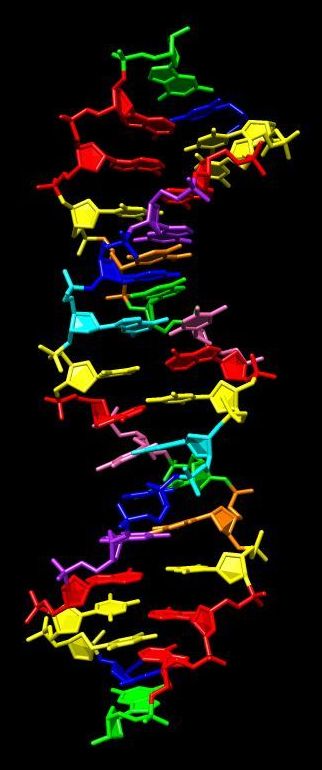

To celebrate a new year, the NASA /ESA Hubble Space Telescope has published a montage of six beautiful galaxy mergers. Each of these merging systems was studied as part of the recent HiPEEC survey to investigate the rate of new star formation within such systems. These interactions are a key aspect of galaxy evolution and are among the most spectacular events in the lifetime of a galaxy.
It is during rare merging events that galaxies undergo dramatic changes in their appearance and in their stellar content. These systems are excellent laboratories to trace the formation of star clusters under extreme physical conditions.
The Milky Way typically forms star clusters with masses that are 10 thousand times the mass of our Sun. This doesn’t compare to the masses of the star clusters forming in colliding galaxies, which can reach millions of times the mass of our Sun.
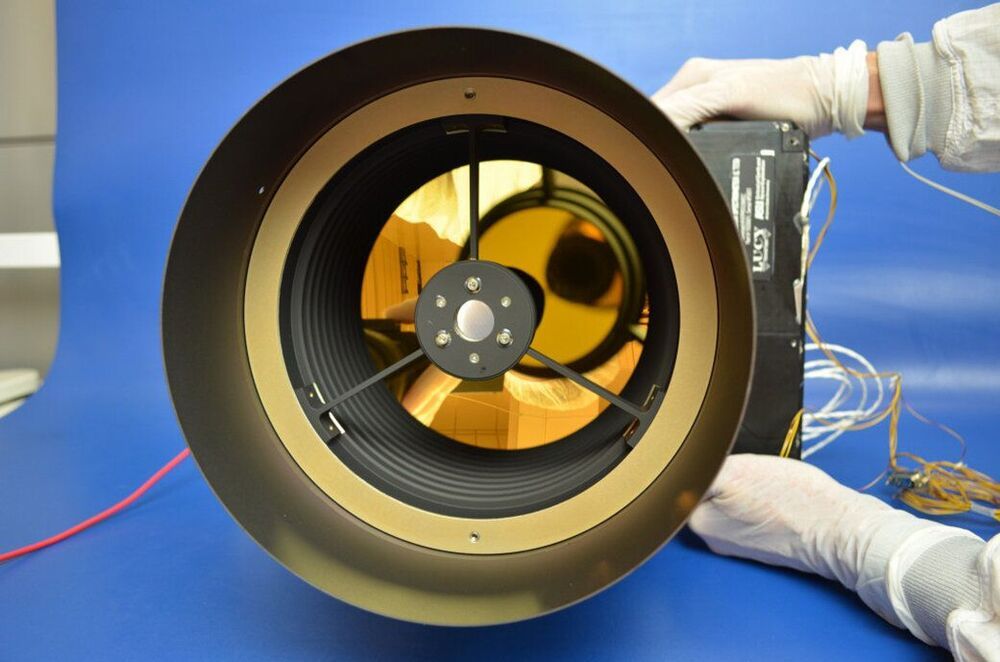
NASA’s Lucy mission is one step closer to launch as L’TES, the Lucy Thermal Emission Spectrometer, has been successfully integrated on to the spacecraft.
“Having two of the three instruments integrated onto the spacecraft is an exciting milestone,” said Donya Douglas-Bradshaw, Lucy project manager from NASA’s Goddard Space Flight Center in Greenbelt, Maryland. “The L’TES team is to be commended for their true dedication and determination.”
Lucy will be the first space mission to study the Trojan asteroids, leftover building blocks of the Solar System’s outer planets orbiting the Sun at the distance of Jupiter. The mission takes its name from the fossilized human ancestor (called “Lucy” by her discoverers) whose skeleton provided unique insight into humanity’s evolution. Likewise, the Lucy mission will revolutionize our knowledge of planetary origins and the birth of our solar system more than 4 billion years ago.
Here it is, part one of my new trilogy…Sleep Deprivation…it’s a killer. Personally, I used to miss whole nights clubbing and gigging, and even after that, I used to cut back the hours of sleep thinking I was getting the most from my life and being really clever. Then I heard of Matthew Walker, and read his book. I changed immediately and wow, I have never felt such a difference, it is like light and day. Every aspect of my life improved, from mental health, to physical wellbeing, to immune function (I never seem to be ill any more and never get cold sores!!! anecdotal but the truth). The most telling fact. If I tried to drive more than a couple of hours down the motorway I would be fighting to keep my eyes open by the end…now, that is never a problem (although I still want a Tesla). Sleep is now what I consider a non-negotiable. It comes first. It is the foundation on which everything else stands.
I will just break down exactly why depriving yourself of sleep is a fools errand. You may gain a hour or two here and there, but it does not compare to the years it wipes off your lifespan, and even worse the decrepit, run down years of pain and inactivity that blight the end decades.
All that pain, when you could be fully active and fulfilling your dreams and ambitions.
If you want to try Melatonin to aid your sleep, or any other of their products, I have arranged a discount for my friends and viewers at Do Not Age, the highest quality, the lowest prices and the best customer service, all in one place.
Just use the code MTB when checking out.
https://donotage.org.
And if you want to watch how stress effects the body and the evolution that set it all in motion, then you might find this video of interest.
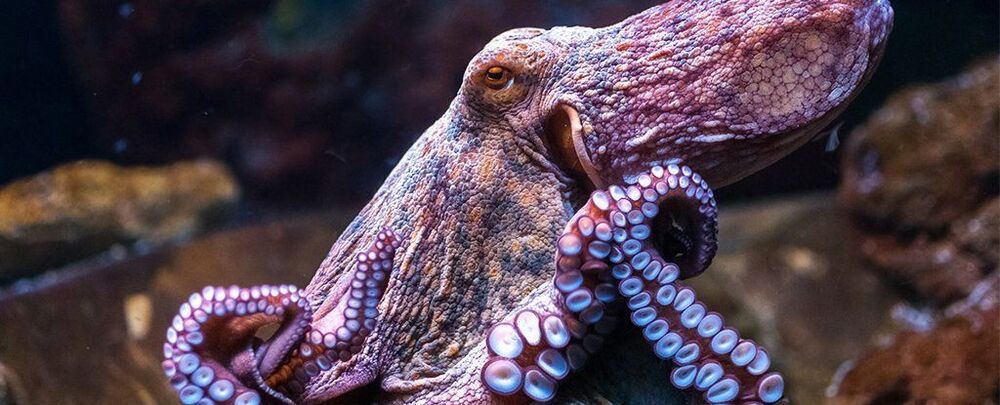
I have to admit, they really sound “alien-like” if you ask me. 😃
Just when we thought octopuses couldn’t be any weirder, it turns out that they and their cephalopod brethren evolve differently from nearly every other organism on the planet.
In a surprising twist, in April 2017 scientists discovered that octopuses, along with some squid and cuttlefish species, routinely edit their RNA (ribonucleic acid) sequences to adapt to their environment.
This is weird because that’s really not how adaptations usually happen in multicellular animals. When an organism changes in some fundamental way, it typically starts with a genetic mutation — a change to the DNA.
University of rochester — working at the intersection of aging, DNA repair, and cancer.
Dr. Vera Gorbunova is the Doris Johns Cherry Professor, in the Department of Biology, and Co-director, Rochester Aging Research Center, at University of Rochester.
Her research is focused on understanding the mechanisms of longevity and genome stability and on the studies of exceptionally long-lived mammals.
Dr. Gorbunova earned her B.Sc. degrees at Saint Petersburg State University, Russia, and her Ph.D. at the Weizmann Institute of Science, Israel.
Dr. Gorbunova was instrumental in pioneering the comparative biology approach to studying aging and identifying rules that control the evolution of tumor suppressor mechanisms depending on the species lifespan and body mass.

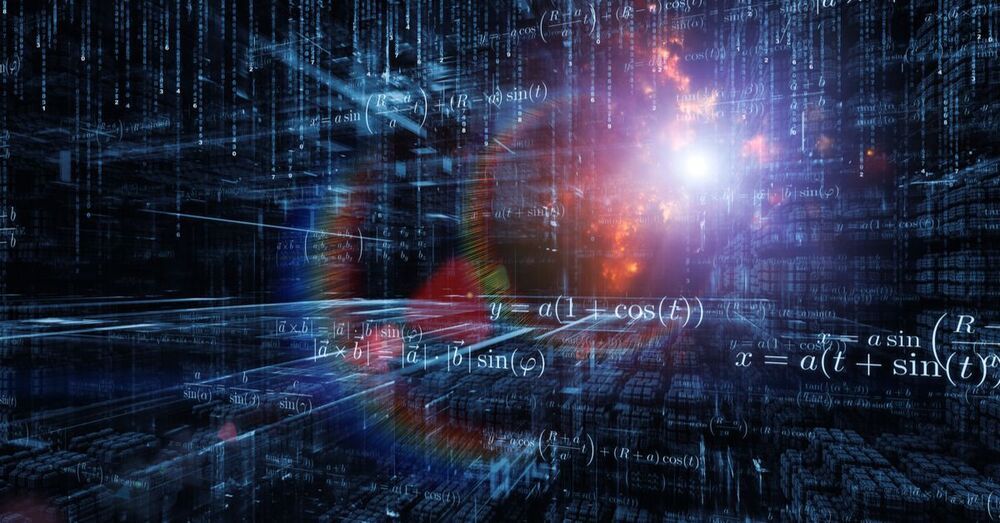
The Big Bang might never have existed as many cosmologists start to question the origin of the Universe. The Big Bang is a point in time defined by a mathematical extrapolation. The Big Bang theory tells us that something has to have changed around 13.7 billion years ago. So, there is no “point” where the Big Bang was, it was always an extended volume of space, according to the Eternal Inflation model. In light of Digital Physics, as an alternative view, it must have been the Digital Big Bang with the lowest possible entropy in the Universe — 1 bit of information — a coordinate in the vast information matrix. If you were to ask what happened before the first observer and the first moments after the Big Bang, the answer might surprise you with its straightforwardness: We extrapolate backwards in time and that virtual model becomes “real” in our minds as if we were witnessing the birth of the Universe.
In his theoretical work, Andrew Strominger of Harvard University speculates that the Alpha Point (the Big Bang) and the Omega Point form the so-called ‘Causal Diamond’ of the conscious observer where the Alpha Point has only 1 bit of entropy as opposed to the maximal entropy of some incredibly gigantic amount of bits at the Omega Point. While suggesting that we are part of the conscious Universe and time is holographic in nature, Strominger places the origin of the Universe in the infinite ultra-intelligent future, the Omega Singularity, rather than the Big Bang.
The Universe is not what textbook physics tells us except that we perceive it in this way — our instruments and measurement devices are simply extensions of our senses, after all. Reality is not what it seems. Deep down it’s pure information — waves of potentiality — and consciousness orchestrating it all. The Big Bang theory, drawing a lot of criticism as of late, uses a starting assumption of the “Universe from nothing,” (a proverbial miracle, a ‘quantum fluctuation’ christened by scientists), or the initial Cosmological Singularity. But aside from this highly improbable happenstance, we can just as well operate from a different set of assumptions and place the initial Cosmological Singularity at the Omega Point — the transcendental attractor, the Source, or the omniversal holographic projector of all possible timelines.
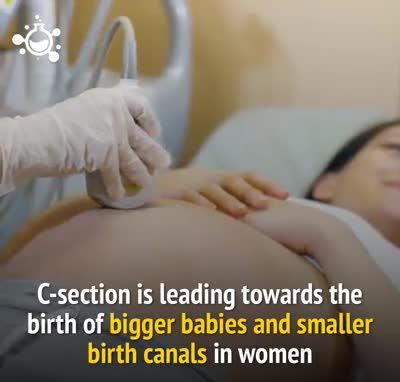

A new study has found that a novel T cell genetically engineered by University of Arizona Health Sciences researchers is able to target and attack pathogenic T cells that cause Type 1 diabetes, which could lead to new immunotherapy treatments.
The immune system fights bacteria, viruses and other pathogens by utilizing several types of T cells, all of which have receptors that are specific to particular antigens. On killer T cells, the receptor works in concert with three signaling modules and a coreceptor to destroy the infected cell. Michael Kuhns, Ph.D., an associate professor in the UArizona College of Medicine—Tucson Department of Immunobiology, copied the evolutionary design to engineer a five-module chimeric antigen receptor, or 5MCAR, T cell.
“The 5MCAR was an attempt to figure out if we could build something by biomimicry, using some of evolution’s natural pieces, and redirect T cells to do what we want them to do. We engineered a 5MCAR that would direct killer T cells to target autoimmune T cells that mediate Type 1 diabetes,” said Dr. Kuhns, who is member of the UArizona Cancer Center, BIO5 Institute and Arizona Center on Aging. “So now, a killer T cell will actually recognize another T cell. We flipped T cell-mediated immunity on its head.”